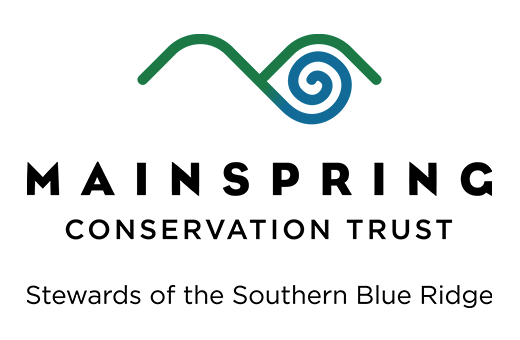On April 28, the Asheville Citizen-Times included an article about LTLT’s educational program work with ninth graders at Smoky Mountain High School in Sylva.
Below is an excerpt of the piece. You can read the full piece online by clicking here, or by clicking on the image below.
Excerpt:
SYLVA – At first glance, the “stream” looks more like a ditch. Trickling through the campus of Smoky Mountain High School, Bumgarner Branch doesn’t get much attention. But to Amanda Clapp’s ninth grade science classes, it’s worth taking notice.
“When I began the water quality curriculum section with my students, they expected there was nothing living in that stream,” Branch said. “But when I took them down there, they discovered a diverse community of fish, insects, snails and crayfish. In the fall, they said, ‘If we can make the creek better, then maybe we’ll find more biodiversity!’ So we pursued it.”
So Clapp connected with the Land Trust for the Little Tennessee’s Citizen Science Program Manager Jason Meador, who offered to help teach the students how to improve the stream through “livestaking.”


